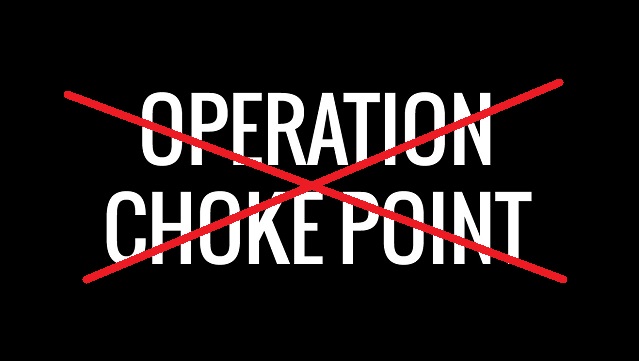Very often bad and failed ideas do not die, they simply reappear during periods of supposed social and political crisis in slightly different intellectual garb, and offer “solutions” that would merely help to bring about some of the very types of crises for which they once again claim to have the answers. Socialism in its various “progressive” mutations represents one of the leading so-called solutions of our time.
The Marxian-style socialism of the nineteenth and the first half of the twentieth centuries is now long passé.
The latest manifestation of this appeared on August 24, 2017 in the New Republic in an online article by John B. Judis on, “The Socialism America Needs Now.” He is heartened by the wide appeal, especially among younger voters, that Bernie Sanders received during the 2016 presidential contest. He thinks that this may herald a rebirth and a renewed possibility for a socialist alternative to the current American political and economic system.Having traveled over the decades from the 1970s to the present from a radical, revolutionary socialist to a more “moderate” one today, Mr. Judis admits that the Marxian-style socialism of the nineteenth and the first half of the twentieth centuries is now long passé. The embarrassing experience of “socialism-in-practice” in the form Lenin and Stalin created in the Soviet Union or by Chairman Mao in China will not fly anymore.
From Soviet Central Planning to “Liberal Socialism”
Central planning seemed not to work too well, and the “communist” variation on the socialist theme also had a tendency to be authoritarian with some drawbacks for human life and liberty. (He tactfully avoids mentioning that Marxist-inspired regimes in the twentieth century murdered well over a 100 million people – with some estimates suggesting the number might have been closer to 150 million or more in the name of building the “bright, beautiful socialist future.” (See my article, “The Human Cost of Socialism in Power”.)
He turns his mind and ideal to the “democratic socialist” parties and regimes in Western Europe in the post-World War II era, or as Mr. Judis prefers to call it – following John Maynard Keynes -“liberal socialism.” What makes this form of socialism “liberal”? It is the belief that there can be “socialism with a human face.” In other words, a form of “economic” socialism that leaves in place democratic politics with a respect for a broad range of personal and civil liberties.Virtually all socialists condemned and called for the abolition of private ownership of means of production.
We have heard this all so many times before. While Mr. Judis wishes to suggest that there is no real or definitive definition of “socialism” (any more than there are of “liberalism” or “democracy”), the fact is that throughout the nineteenth century and well into the twentieth, virtually all socialists condemned and called for the abolition of private ownership of means of production, and imagined in its place some form of socialist central planning directed by government in the name of “the people.”
Mr. Judis actually more or less admits this, and that the only great debate among socialists and communists in the late nineteenth and twentieth centuries was over how the socialist utopia would be brought about, whether through violent revolution or through the democratic ballot box. The Russian Marxists led by Vladimir Lenin insisted that only revolution and a “dictatorship of the proletariat” could bring “the workers” to power and assure their permanent triumph over the exploitive capitalist class. The German democratic socialists opted for democratic means to power and rejected the dictatorship of Lenin and later Stalin.
But it is nonetheless the case that well into the post-World War II period this was a dispute over political means and not ideological ends, which remained for both branches of the socialist movement the abolition of capitalism and the imposition of socialist central planning. Communists wanted to bring about this transformation of society in one fell swoop through violent means and imposed dictatorship. The German Social Democrats and the “Fabian” socialists in Great Britain proposed democratic means, with socialism coming more gradually and through incremental extensions of government control and planning over more and more parts of society. But for both, the end result would be the same: centralized government direction of economic affairs and social change.
As the 1950s turned into the 1960s and 1970s, more and more “democratic” socialists in Western Europe grudgingly accepted the fact that comprehensive socialist central planning was a failure as practiced in the Moscow-dominated Soviet bloc countries; and it brought little of the prosperity that government planning promised to provide as an escape from poverty in the “third world” countries of Asia, Africa and Latin America.
The collectivist dream and delusion springs eternal.
Plus, the tyranny and brutality of Soviet-style socialism made it ethically difficult to defend. So the democratic socialists turned to the interventionist-welfare state to achieve their “social justice” ends without nationalizing all the means of production or centrally planning all economic activity in society. (See my article, “Barack Obama and the Meaning of Socialism”.)
Social Justice Tourism
But those communist regimes were not so repulsive that democratic socialists in the West would not continue to give moral indulgence and wishful hopes that somehow Marxian socialism would finally work and fulfill its promise in, Mao’s China, Castro’s Cuba, or Ho Chi Minh’s Vietnam, or in the Sandinista’s Nicaragua, or any other failed utopia we can find in recent history. The collectivist dream and delusion springs eternal. After all, even a rude, crude, and rough Marxist regime isn’t the United States – please, almost anything other than capitalist America!
Even today, the enlightened “progressive” can take a tour of Castro’s Cuba with the leftist magazine, The Nation. Don’t miss out! This November 2017 you can go with The Nation and, their advertisement promises, “learn about the Cuban Revolution from experts at some of its most pivotal locations, including the Moncada Barracks, the site of the first armed assault by Fidel Castro and his band of rebels on July 26, 1953.”
The progressive political pilgrim to the collectivist promised land will be spending his or her “days meeting with prominent Cuban professors, government officials,” including “urban planners” and “health care workers.” Don’t miss out on your chance to visit one of the remaining socialist “utopias” before global capitalism succeeds in taking it away.Che arbitrarily sent hundreds to their deaths, sometimes literally by his own hand.
No doubt, these “social justice” tourists will not be taken to La Cabana prison, where Che Guevara was assigned by Castro the role of state prosecutor against “enemies of the people,” following Fidel’s triumphant entrance into Havana and seizure of power in January 1959. In the role as unrestrained judge and jury, Che arbitrarily sent hundreds to their deaths, sometimes literally by his own hand.
Nor are they likely to have quoted to them Che’s words that, “My ideological training means that I am one of those people who believe that the solution to the world’s problems is to be found behind the Iron Curtain.” And that “I can’t be the friend of anyone who doesn’t share my ideas.” Or that Che was the one who in 1960 instituted communist Cuba’s system of forced labor camps. This would not fit in with the heroic face of Che on the t-shirts that, no doubt, some of these “progressive” travelers to utopia would be wearing. After all, Fidel and Che did it all for “the people,” and, well, they did have “good intentions.”
Of course, while such political pilgrims are pleased to visit these places and bask in the moral satisfaction that the few remaining communist regimes in the world are still trying to make that “better world,” even if with the heavy hand of dictatorship, censorship of art, music and political views, the imprisonment of political opponents, and torture and execution of “enemies of the people” (all of which they still mostly turn a blind eye to), they prefer to live in their own Western countries and dream the “liberal socialist” dream, as clearly Mr. Judis is doing.
Liberal Socialism as the Regulatory and Redistributive State
What, precisely, is this democratic or “liberal” socialism to which Mr. Judis hopes a younger generation of Americans will turn in the years ahead? It turns out to be the same “utopia” of the interventionist-welfare state that Western countries have been following since the end of the Second World War, though, admittedly, to different degrees in different places around the world.
Mr. Judis wants the government to intensively and pervasively regulate, command, restrict and direct various aspects of the private enterprises in society, while ensuring that American society can still take advantage of the self-interested incentives and innovations that can improve the material conditions of life. But the direction, form, and extent to which private enterprisers shall be allowed to do those productive and innovative things with their businesses will be confined to and constrained within those avenues that serve the “higher” and “non-market” values and purposes of “society.”
Matching the regulatory and interventionist state must be the redistributive welfare state.
Matching the regulatory and interventionist state must be the redistributive welfare state. The excessive and unnecessary income and wealth of the businessmen and private sector investors of America must be taxed – heavily – to assure greater material egalitarianism, and to fund all the social services and government-provided safety nets, which “would bring immeasurable benefit to ordinary Americans. A good watchword is economic security – something that is very lacking to all except the wealthiest Americans.”
At this point, it might be wondered what, then, marks off Mr. Judis’ “liberal socialism” from the already existing modern American “liberal” interventionist-welfare state? It turns out that it is all a matter of intentions and the intended recipients. In Mr. Judis’ view, mainstream modern American liberals have lost their way; they too frequently sleep with the enemy (think Bill and Hillary Clinton) in the form of excessively collaborating with businessmen and bankers to the latter’s benefit; American liberals and progressives have stopped sufficiently emphasizing “economic justice” for middle America with their increasingly primary focus on “identity politics.”
Liberal Socialism and Democratic Politics Without Romance
Also, unlike the communists and many radical socialists and some progressives, Mr. Judis calls for moving towards his notion of a better socialist future through a more active participation in the Democratic Party. The task is to nudge and shove mainstream modern American liberals in the Democratic Party further to the socialist left, which in many of their hearts these people already know is right. And to use the Democratic Party as the vehicle to propagandize and persuade more in society that socialism is good and just and the best for them.
In other words, Mr. Judis calls for using the methods of the earlier German Democratic Socialists and the British Fabians, only do so in a way that does not seem to be as threatening or undermining of all the institutions of existing society as those earlier groups often did with their call for the total abolition of capitalism.
What is sometimes called “crony capitalism” is just Pareto’s “bourgeois socialism.”
Mr. Judis’ “liberal socialism” is really just the existing interventionist-welfare state placed – “democratically” – in the “right” elected hands, so those manning and managing the machinery of government will do what he wants political authority to do, rather than what it is currently being done by Republicans and the current Democratic Party establishments.
A way for Mr. Judis to more easily defend his desire and ideal is to suggest that the existing political-economic system in America today is a free market, “neo-liberal” capitalism, rather than what the Italian economist, Vilfredo Pareto (1848-1923) once more accurately labeled it: “bourgeois socialism.” That is, a system of government regulation, redistribution, favors and privileges that benefits many in the private enterprise sectors of society rather than a more “proletarian socialism” that simply would take from “the rich” to give to “the workers” and “the poor.”
What is sometimes called “crony capitalism” is just Pareto’s “bourgeois socialism.” Pareto also understood with amazing clarity in the 1890s one of the insights of modern Public Choice theory, that “participatory democracy” of the community as a whole is a theoretical and practical illusion in a complex society. Politics in an unrestrained democracy always becomes a contest among special interest groups capable of gaining concentrated benefits from State intervention and redistribution at the diffused expense of the rest of the society.
In democratic societies it takes the form of coalitions of special interest groups who succeed in offering campaign contributions and votes to politicians desiring elected political office, who then fulfill their campaign promises to those groups once in the actual halls of political power.
The communist “classless society” had one of the most intricate social webs of favoritism and plunder ever.
In totalitarian societies, such as in the former Soviet Union, it took the form of hierarchical positions within the Communist Party and within the central planning bureaucracy, including the state enterprise managers, who had the decision-making power over access to and use of the socialized means of production. Thus, the communist “classless society” had one of the most intricate social webs of power, privilege, favoritism and plunder ever seen in human society.
This “politics without romance,” to use Nobel Laureate, James M. Buchanan’s (1919-2013) phrase, shows why the notion of “the people” owning, controlling, regulating and overseeing the collective direction of an economy is pure illusion and deception concerning the reality of how and why political power works the way it does.
What Mr. Judis and far too many who share his views about capitalism and some form of socialism – “liberal” or otherwise – fail to understand is that any and all forms of planning, regulation, and political redistribution in fact takes power and decision-making out of the hands of the people about whom they express their concerns.
Real Participatory Liberation under Free Market Liberalism
It is the open, competitive market economy that, precisely, gives each and every individual wide latitude and liberty over his own personal affairs. It is the market that enables each of us to make his own choices concerning the profession, occupation, or productive calling to pursue. It is the market that enables each and everyone of us to have the freedom to make our own choices to earn an income and spend that income as we consider best in terms of the values, beliefs, purposes and desires that we think may bring meaning and happiness to our individual lives.
It is the free society that provides truly participatory opportunities to form groupings of almost any type.
It is the free society of individual liberty and voluntary association that provides truly participatory opportunities to form groupings of almost any type to further the ends outside of the narrower arena of market transactions to better our lives materially, socially, culturally and spiritually. See my article, “Individual Liberty and Civil Society” for more about this.
At this point no doubt, Mr. Judis would reasonably ask, but what about those who are unable to provide for themselves, due to personal tragedy, unfortunate circumstances, or simply bad luck? Is this not the reason why enlightened and decent societies had to move “leftward” to establish and financially provide for those unable to personally meet the essentials of everyday life and to have opportunities to fulfill their potentials as a human being? Is not the welfare state of “liberal socialism” the inescapable necessity of having a humane society?
The classical liberal responds that these very concerns can be far better and more successfully solved and served through the voluntary institutions and associations of civil society than to turn such tasks over to the government. In the nineteenth and early twentieth centuries, before the modern welfare state, all such “social problems” were handled with wide and positive effects by charities, philanthropies and for-profit organizations in places such as Great Britain and the United States. That their workings and successes are virtually unknown to most people in modern society shows the extent to which their history and social nobility has gone down a memory hole of collectivist misinterpretation and misunderstanding of what a society of liberty did and could provide (for more about this, see my article, “A World Without the Welfare State”).
Furthermore, the transfer of such welfare responsibility to the government reduces each and every recipient to a ward of the State. It is politicians and bureaucrats who decide the education your children will receive in government schools; they are the ones who determine the retirement possibilities you will have, the healthcare to which you will have access and its type, the wages and work conditions under which you may be allowed to be employed or unemployed, and the forms and types of associations you may enter into as well as the activities and membership you are permitted.
“Liberal socialism” is not the path to liberation, but of continuing servitude to the those with political power.
The “liberal socialism” about which Mr. Judis dreams is not the path to liberation, but of continuing servitude to those with political power and who have the presumption to imagine that they know better how people are to care for their own lives than those individuals (See my article, “Democratic Socialism Means Loss of Liberty”).
One would have thought that after more than seven decades of the interventionist-welfare state as the political left’s “liberal socialist” alternative to Marxian socialist central planning, it would be realized that it is just another constraining and corrupt manifestation of the unworkability of any collectivist system of control and command.
Mr. Judis’ program for a socialist America also shows the intellectual bankruptcy of those on “the left.” The revolutionary transformation of society, for which they yearn, ends up being nothing more than the existing interventionist-welfare state, except with the desire that people who agree with Mr. Judis should be at the helm of political power rather than those with whom he disagrees.

Richard M. Ebeling is BB&T Distinguished Professor of Ethics and Free Enterprise Leadership at The Citadel in Charleston, South Carolina. He was president of the Foundation for Economic Education (FEE) from 2003 to 2008.
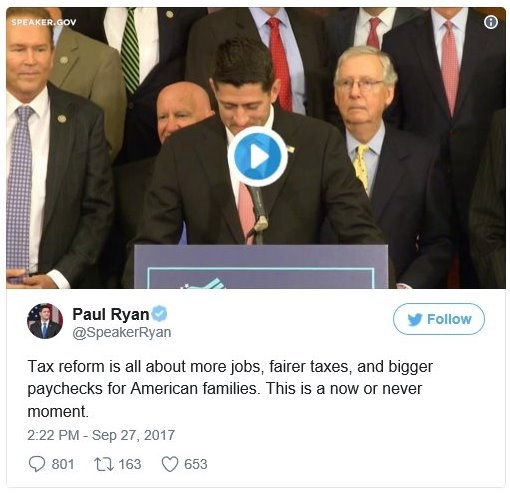
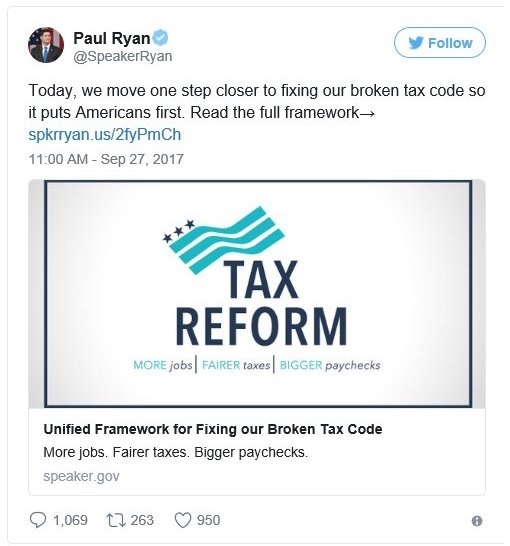
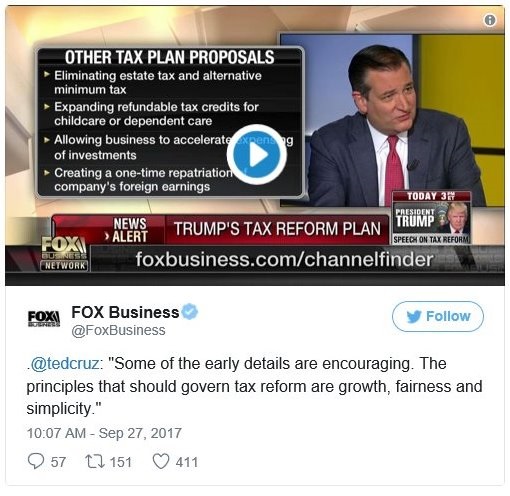

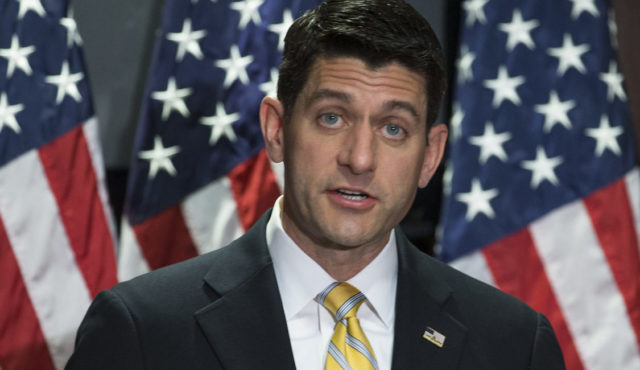
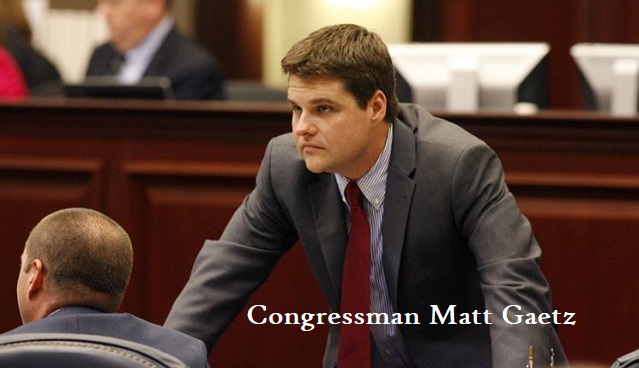

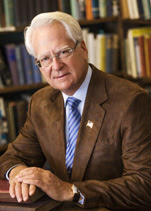


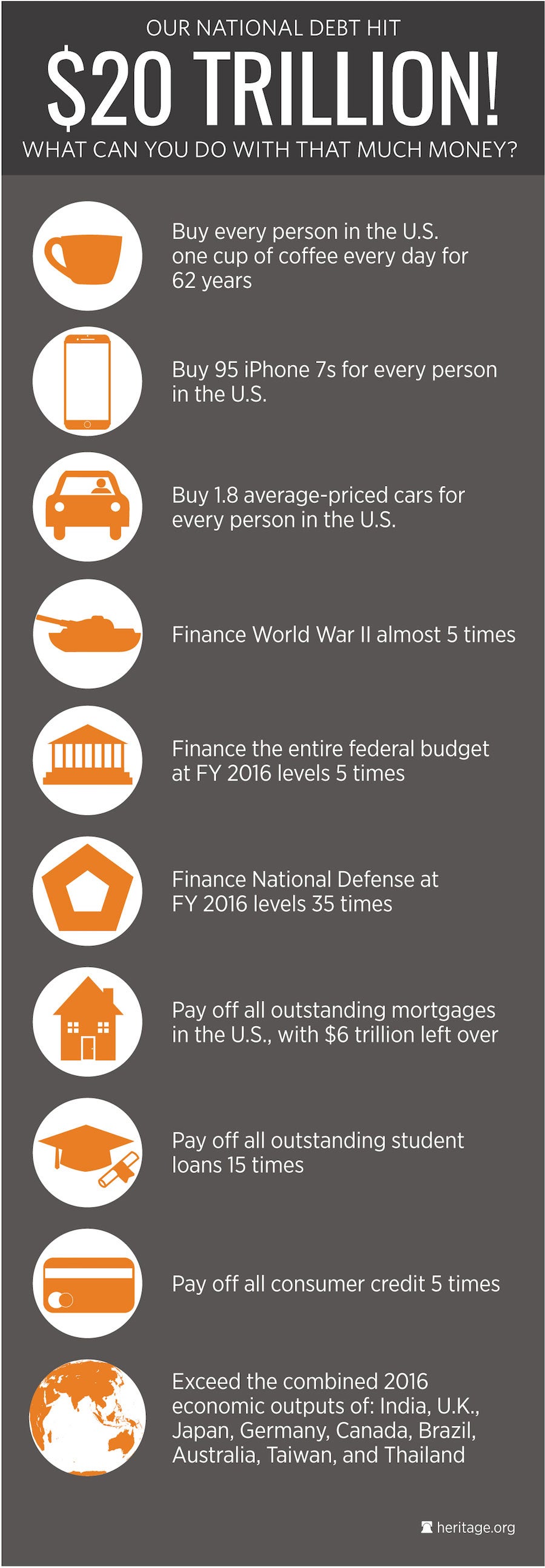



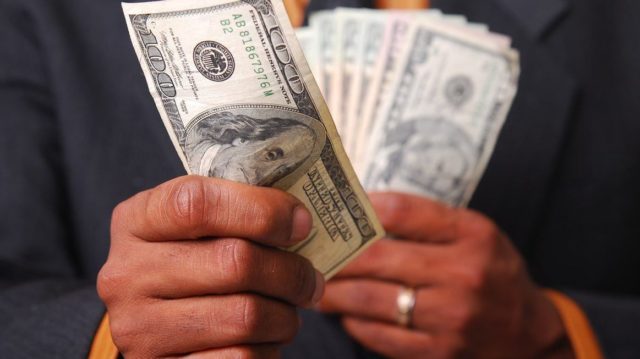




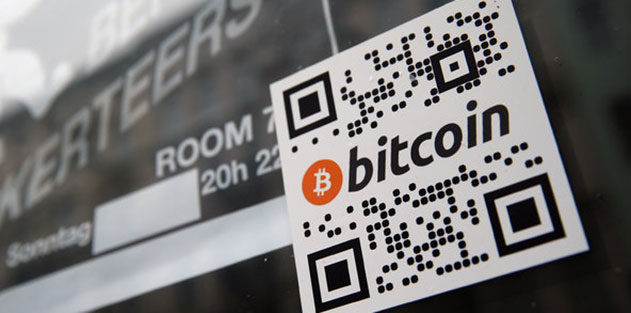

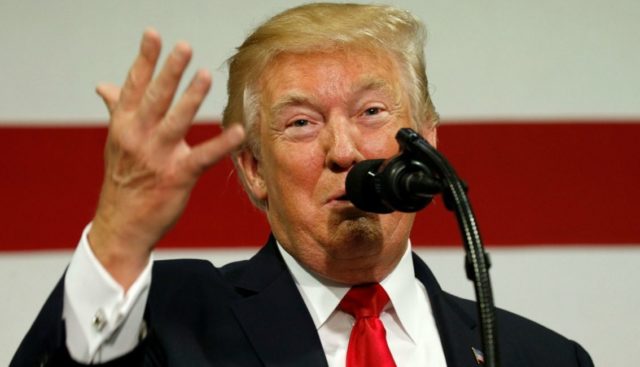
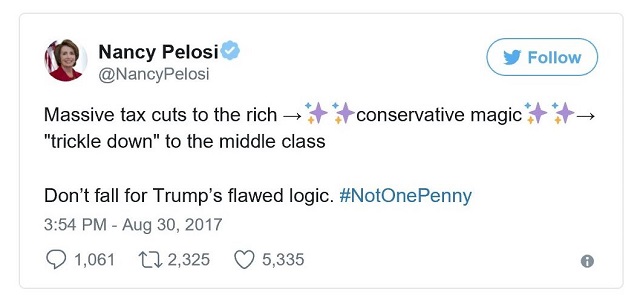
 Fred Lucas is the White House correspondent for The Daily Signal.
Fred Lucas is the White House correspondent for The Daily Signal. 


